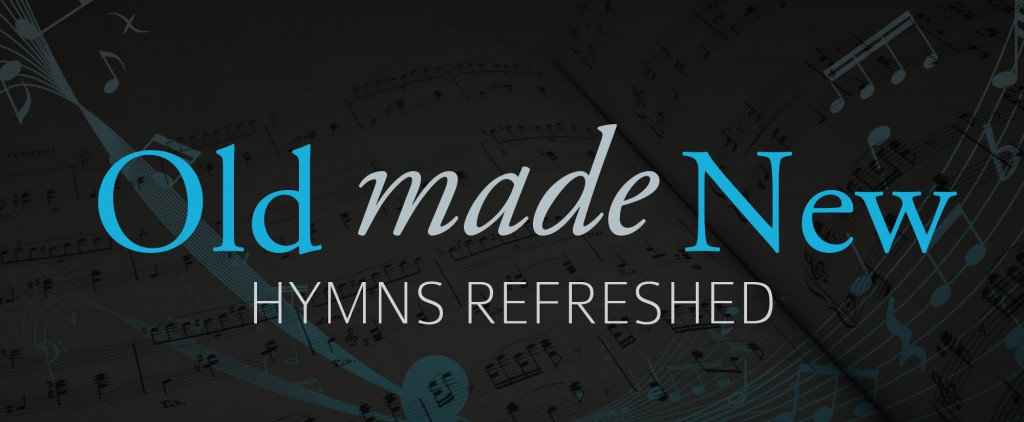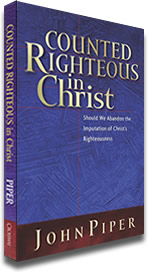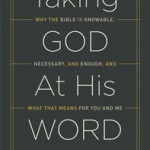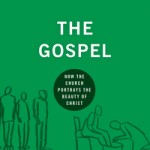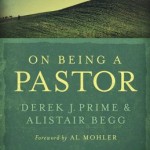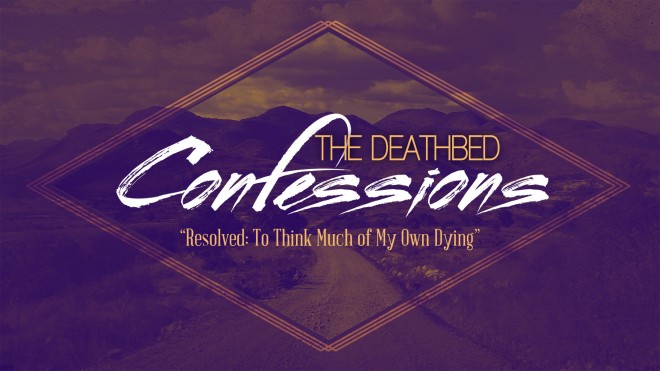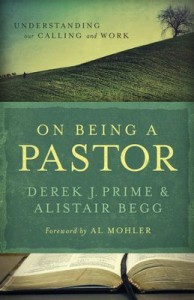
My first seminary class at RTS was with that great Welshman Derek Thomas. His syllabus included a major project that caused me to go a bit bug-eyed: punctuation perfect memorization of the first 38 questions from the Westminster Shorter Catechism.
The project took me quite a while, due in large part to how those 17th century divines employed commas and semi-colons, but it proved to be the most profitable project of my entire seminary education. In fact, it was so helpful that I went on to memorize the whole thing.
While I am running the risk of universalizing my experience, I do think catechism memory can be one of the most beneficial things a pastor can commit himself to. Why? Here are three reasons.
2 REASONS TO MEMORIZE A CATECHISM
First, memorizing a catechism helps a pastor be precise. Clear and precise definitions are best friends for personal and pastoral theological discussion. As pastors faithfully engage in discipling relationships they will inevitable meet with members who ask questions like, “What is justification?” How helpful would it be to have memorized a definition like this:
Q. 33. What is justification?
A. Justification is an act of God’s free grace, wherein he pardoneth all our sins, and accepteth us as righteous in his sight, only for the righteousness of Christ imputed to us, and received by faith alone.
You need not communicate the oddities of the King’s language to a church member, but when talking about justification you want to make sure to cover the bases and Question 33 does it with precision. Every word is carefully weighed and the fluff of verbosity finds itself on the cutting floor.
One of the most common issues I confront in pastoral ministry is helping people to understand what biblical repentance is. This frequently shows up in counseling situations and discipline cases. You’ll never know how many members have heard some variation of Question 87:
Q. 87. What is repentance unto life?
A. Repentance unto life is a saving grace, whereby a sinner, out of a true sense of his sin, and apprehension of the mercy of God in Christ, doth, with grief and hatred of his sin, turn from it unto God, with full purpose of, and endeavor after, new obedience.
A catechism will help your ministry be a precise one.
Second, memorizing a catechism helps a pastor be concise. We want to not only be precise in our presentation of truth, but concise as well. I think precision and concision are the two sides of a coin named “Clarity.” When the apostle to the Colossians to pray for him, he said, “Pray that I might make the gospel clear, which is how I ought to speak.” Catechisms help us in this endeavor, for what is a good catechism if it isn’t clear?
Consider how concisely Question 6 articulates an orthodox understanding of the Trinity:
Q. 6. How many persons are there in the godhead?
A. There are three persons in the Godhead; the Father, the Son, and the Holy Ghost; and these three are one God, the same in substance, equal in power and glory.
Now that is precision and concision. I had a large group of our men at IDC memorize that definition last year, and I still have people remark about its usefulness. But let’s move away from the finer points of doctrinal discourse and venture in the fields of practicality. Faithful ministers will want to train their people unto a healthy understanding and application of the means of grace. Notice how useful the catechism definition of prayer is:
Q. 98. What is prayer?
A. Prayer is an offering up of our desires unto God, for things agreeable to his will, in the name of Christ, with confession of our sins, and thankful acknowledgment of his mercies.
That’s a worthy weapon for helping our people apply Ephesians 6:18’s command to pray at all times in the Spirit. It hits on all the necessary parts of prayer (according to God’s will, in Jesus’ name) and uses of prayer (petition, confession, thanksgiving).
GET STARTED
So, where could a pastor start in this worthy endeavor of catechesis? First, select which catechism you will use. I’d use one of these three:
- Westminster Shorter Catechism – 107 questions with short and sharp answers.
- Heidelberg Catechism – 129 questions with answers longer than the WSC, but I consider them more warm-hearted.
- New City Catechism – Tim Keller’s modern adaption of the Westminster and Heidelberg catechism. It has 52 questions and answers in contemporary English, thus you would just memorize one questions each week.
Second, select with questions and answers you want to memorize. Start small and then work your way up to more if you find it valuable.
Finally, do the project in community with other church members or leaders. You will probably need the accountability and the ensuing discussions about “the deep things” will do wonders for your soul’s adoration of God.


